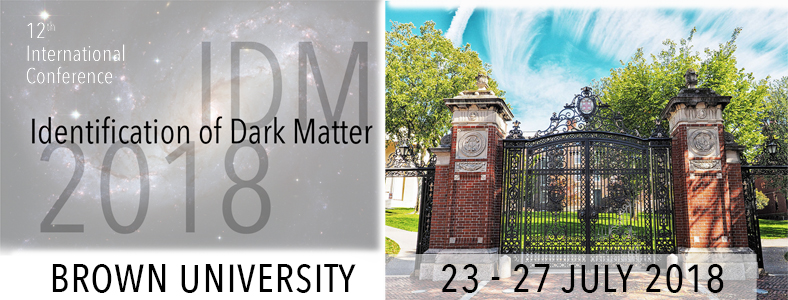Speaker
Description
Single electron noise which persists for many milliseconds is known to follow ionizing events in liquid/gas xenon emission detectors. This noise can span multiple event windows and can pile up in time. Therefore it can be mistaken for a genuine signal. Delayed electron noise can be a limiting background to the low-energy threshold of dark matter searches, and could prevent discovery-class searches for MeV scale hidden sector dark matter. We present a laboratory study that reveals distinct fast and slow components to the noise. The fast component is compatible with the hypothesis of delayed emission of electrons trapped below the liquid surface, and can be reduced by increasing the electric field across the liquid/gas interface. However, the slow component increases linearly with electric field. We also discuss hypotheses for the behavior of the slow component and suggest techniques for mitigation.
I am also submitting an abstract to the track Low Background Techniques.
